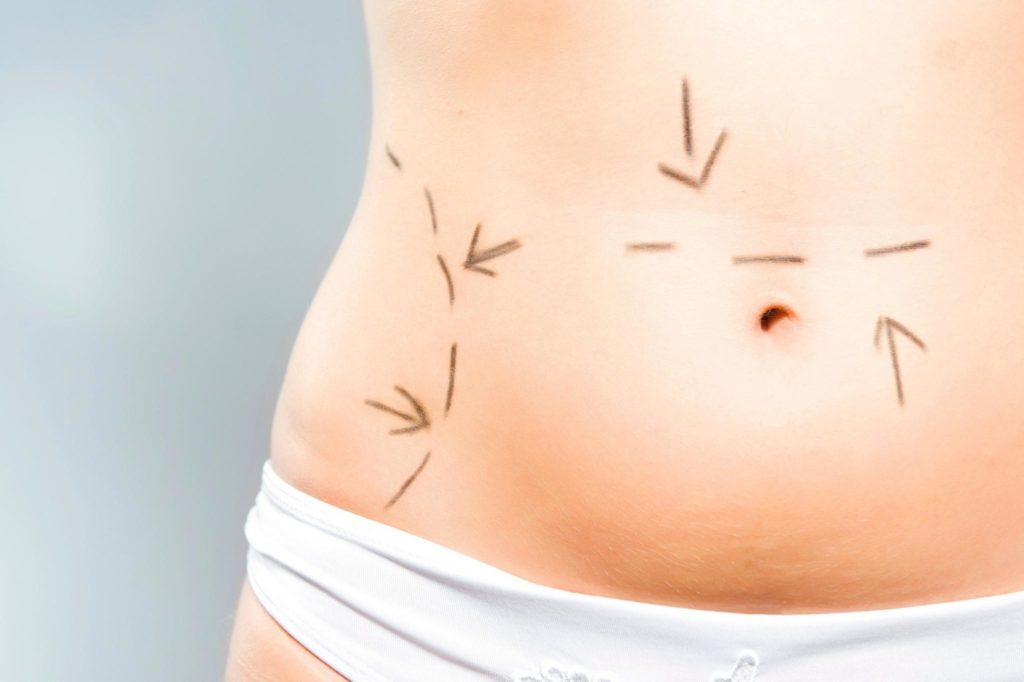A tummy tuck, also known as abdominoplasty, is a cosmetic surgery designed to remove excess skin and tighten weakened abdominal muscles. While many people associate this surgery with post-pregnancy body changes or weight loss after bariatric surgery, it is also a topic of interest among individuals struggling with obesity. Many ask whether undergoing a tummy tuck is safe or beneficial for them. For patients considering Tummy Tuck in Dubai, understanding the relationship between obesity and this procedure is essential before making any decision.
How Obesity Affects the Abdomen
Excess weight often leads to stretched abdominal skin, weakened core muscles, and the accumulation of stubborn fat deposits. Even with strict diets and exercise, some people find it nearly impossible to restore firmness in the midsection. Obesity can also cause:
-
Sagging or hanging skin folds
-
Muscle separation (diastasis recti)
-
Discomfort in daily movement
-
Skin irritation under folds
These issues often push individuals to seek surgical solutions when lifestyle changes alone do not deliver visible results.

Is Tummy Tuck Recommended for Obese Patients?
Surgeons typically prefer that patients be close to their ideal weight before undergoing a tummy tuck. The procedure is not meant for weight loss but rather for contouring the body. However, that does not mean obese patients cannot undergo the surgery. In certain cases, a tummy tuck may be performed on those with higher body mass indexes (BMIs), provided they are healthy enough and understand the expected outcomes.
Considerations Before Surgery
-
BMI Level: Very high BMI may increase the risk of complications.
-
Overall Health: Conditions like diabetes, hypertension, or heart problems should be well-controlled.
-
Lifestyle Habits: Non-smokers with stable weight tend to recover more smoothly.
-
Realistic Expectations: The surgery improves shape and contour but does not replace weight management.
Benefits of a Tummy Tuck for Obese Patients
Even though a tummy tuck is not primarily a weight-loss tool, obese patients can benefit in several ways:
-
Improved Mobility: Removing excess abdominal skin makes physical activity more comfortable.
-
Better Posture: Tightened muscles can reduce lower back pain and improve balance.
-
Enhanced Hygiene: Skin fold removal lowers the risk of rashes or infections.
-
Confidence Boost: A firmer midsection often leads to improved self-esteem and motivation to maintain a healthier lifestyle.
Risks to Keep in Mind
Like all surgeries, tummy tucks come with risks. Obese patients may face slightly higher chances of complications. These could include delayed wound healing, infection, or fluid accumulation. To minimize risks, surgeons usually recommend achieving a moderate level of weight loss before surgery. Following all medical advice before and after the procedure plays a big role in a safe recovery.
Preparing for Surgery as an Obese Patient
Preparation is a crucial part of achieving the best outcome. Patients are usually advised to:
-
Maintain a stable weight for several months before surgery
-
Follow a balanced diet to boost healing
-
Avoid smoking and alcohol before and after surgery
-
Stay active with light exercises to strengthen muscles
-
Arrange proper post-surgery care at home
These steps not only improve surgical results but also lower recovery complications.
Life After a Tummy Tuck
Recovery varies depending on individual health, but most patients require a few weeks of rest before resuming normal activities. Obese patients may need slightly longer recovery times. Support garments, gentle walking, and following the surgeon’s instructions are essential. The long-term outcome largely depends on maintaining a healthy lifestyle after surgery. Without commitment to balanced eating and regular exercise, weight can return and compromise the results.
Should Obese Patients Consider Alternatives First?
In some situations, doctors may recommend weight management programs or bariatric surgery before a tummy tuck. These methods help reduce risks and provide longer-lasting results. However, for patients with moderate obesity and stubborn abdominal concerns, a tummy tuck can still be a transformative procedure.

Final Thoughts
Obese patients can undergo a tummy tuck under the right circumstances, provided they meet health criteria and understand that the surgery is not a substitute for weight loss. Instead, it is a body-contouring procedure that works best when combined with long-term lifestyle changes. For those seeking to reshape their abdomen and improve confidence, considering Tummy Tuck in Dubai may be a positive step toward a healthier appearance.
Conclusion
Tummy tuck surgery is not limited to individuals at their ideal weight. With careful planning, medical assessment, and realistic expectations, obese patients can also benefit from this procedure. While it cannot replace weight management strategies, it can play an important role in improving comfort, mobility, and self-esteem. Anyone considering this option should consult a qualified surgeon to discuss personal goals, health conditions, and the safest approach.

